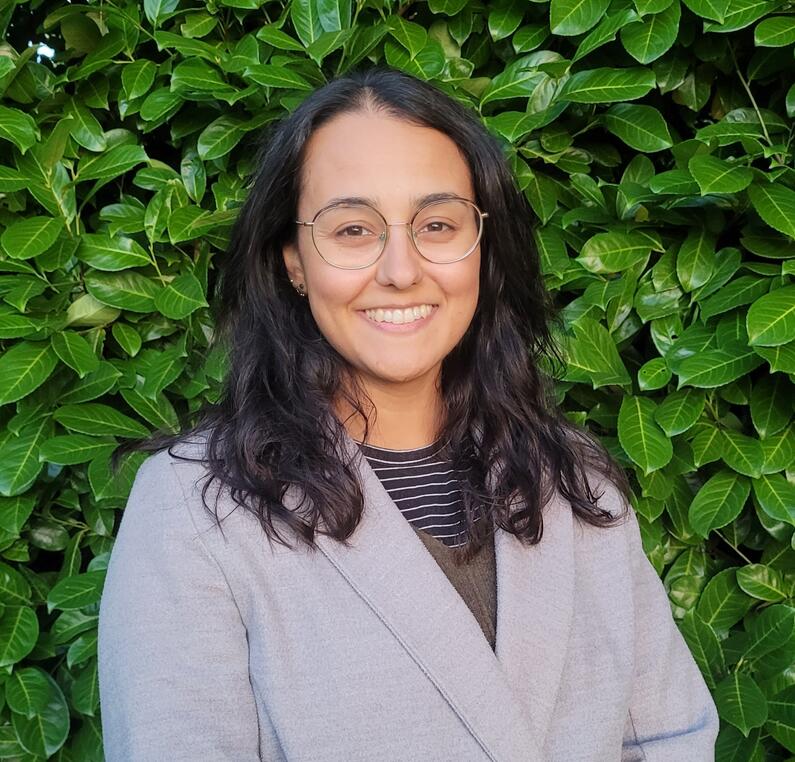
Mollie Gupta
I am deeply passionate about British Agriculture and our food system. I believe food connects us all, and that food and farming is core to our identities, cultures, communities and wellbeing. Our food system is also one of our primary, but often hidden, relationships with nature. In the past this relationship has often been extractive, but I truly believe our food and farming system is, and needs to be, part of the solution.
I've have experience across bananas, soybeans, palm oil, insect farming, and now I am excited to be working on seaweed farming - a budding example of moving from extractive to regenerative production. In my current role at WWF, I am leading a programme of work seeking to support seaweed farming specifically in the UK. In previous roles, I’ve worked on addressing the UK’s overseas commodity footprint with major UK retailers, supported innovation in animal feed and feed proteins, and contributed to WWF campaigning around removing deforestation and habitat conversion from farming.
It’s an absolute privilege to be a Nuffield Scholar and I am excited to be part of the 2024 cohort. I extend a huge thank you to the Richard Lawes Foundation for their sponsorship.
1. How do we move British seaweed farming to commercial scale and reach its full potential?
The Richard Lawes Foundation

Study Overview
The UK has an exciting form of farming developing – seaweed farming. As well as highly productive and low input, seaweed farming offers a powerful nature-based solution to tackle the increasingly urgent climate and nature crises. It could improve coastal pollution, support biodiversity recovery, and provide meaningful employment. Even better, many seaweed products could support wider British agriculture to decarbonise, restore soils, and improve animal feeds. With cool and nutrient abundant seas, and a community of passionate and entrepreneurial seaweed farmers, the UK has a promising offer.
However, British seaweed farming is being prevented from reaching it’s full potential. It’s difficult to aggregate and process large volumes and there are challenges around finance at the farm level. It is difficult to get investment while at early stage, and there's a lack of innovative financing that could reward seaweed farmers for the value of the water and biodiversity improvement provided. In my project, exploring how British seaweed farming can be moved to commercial scale, I will visit countries further along their seaweed journey, exploring the exciting technical innovations, partnerships, and social and environmental planning that has enabled scale up.